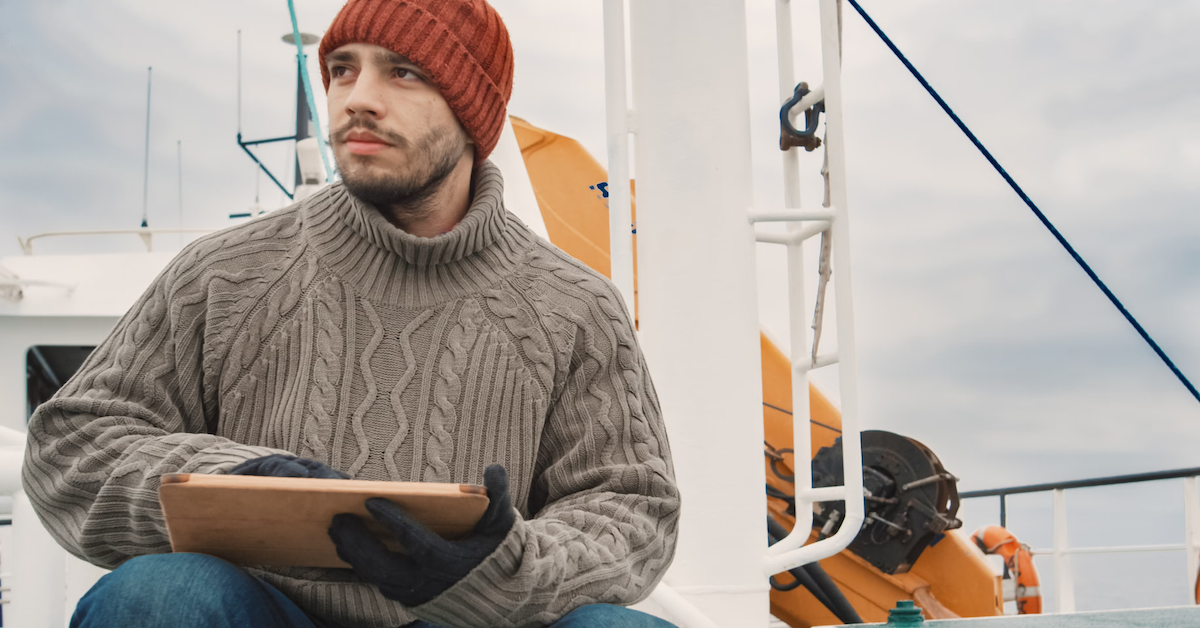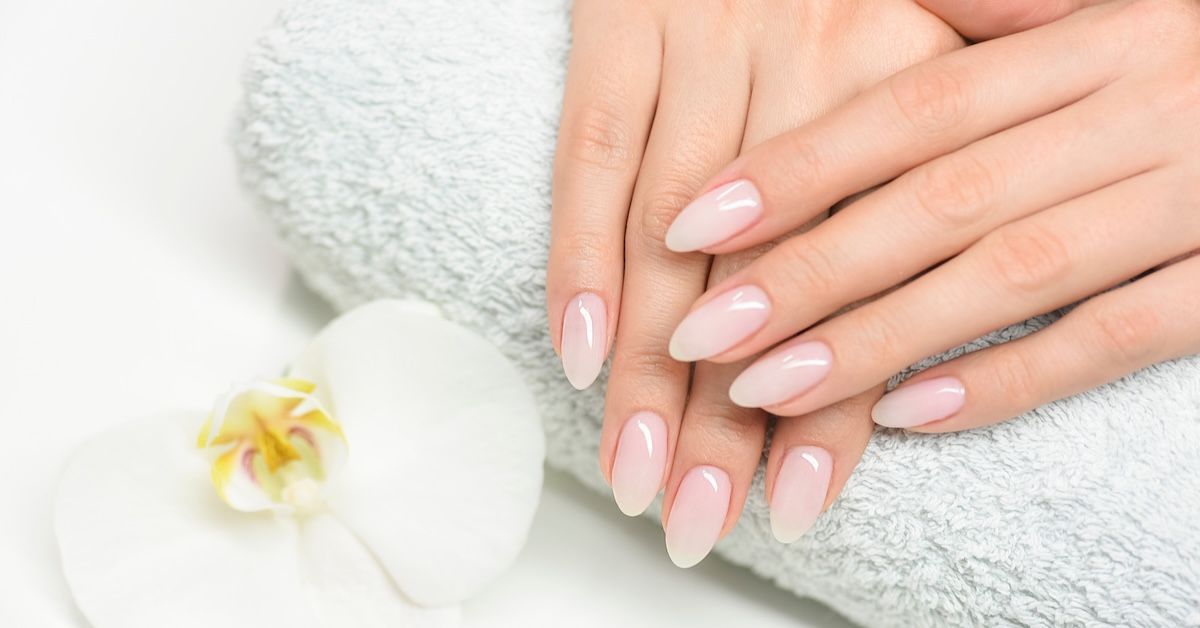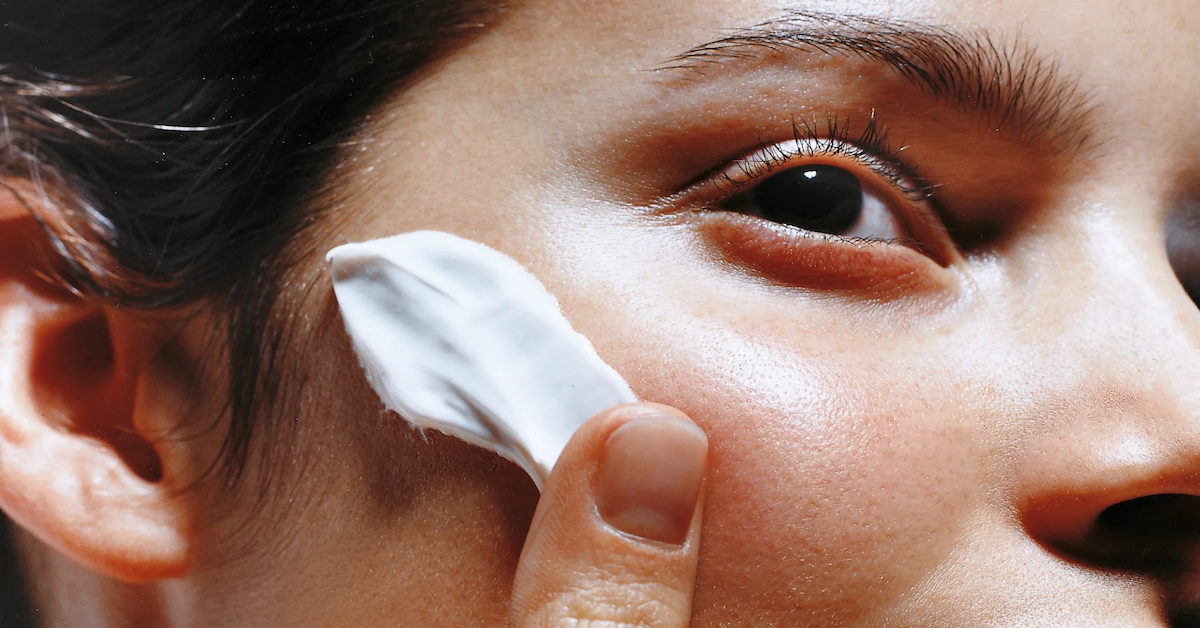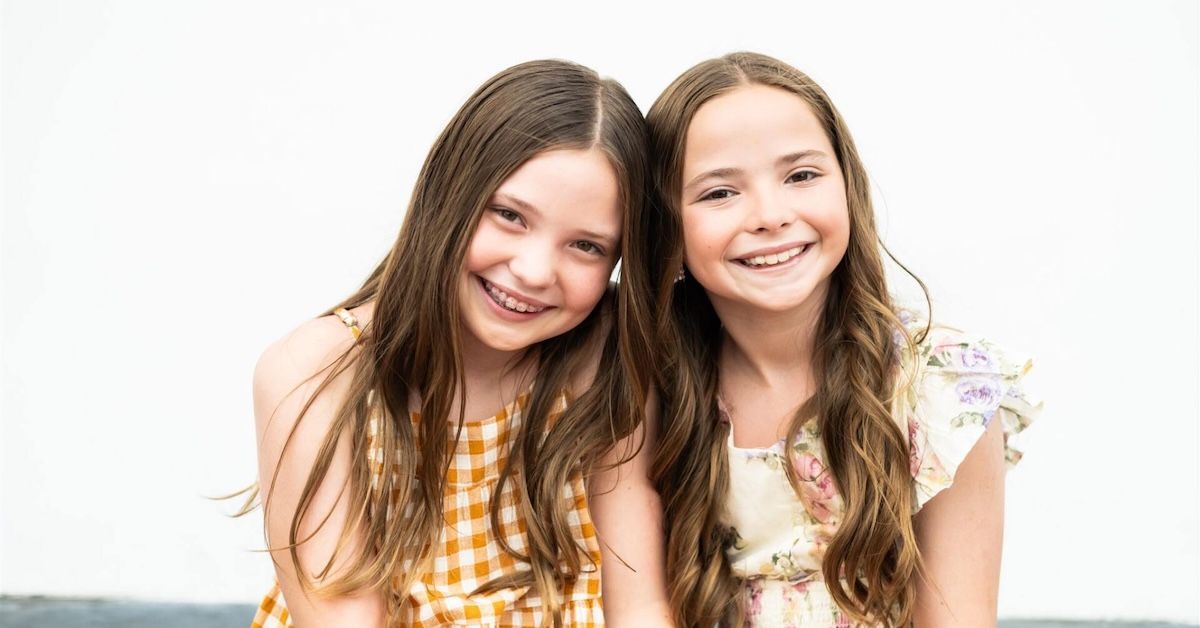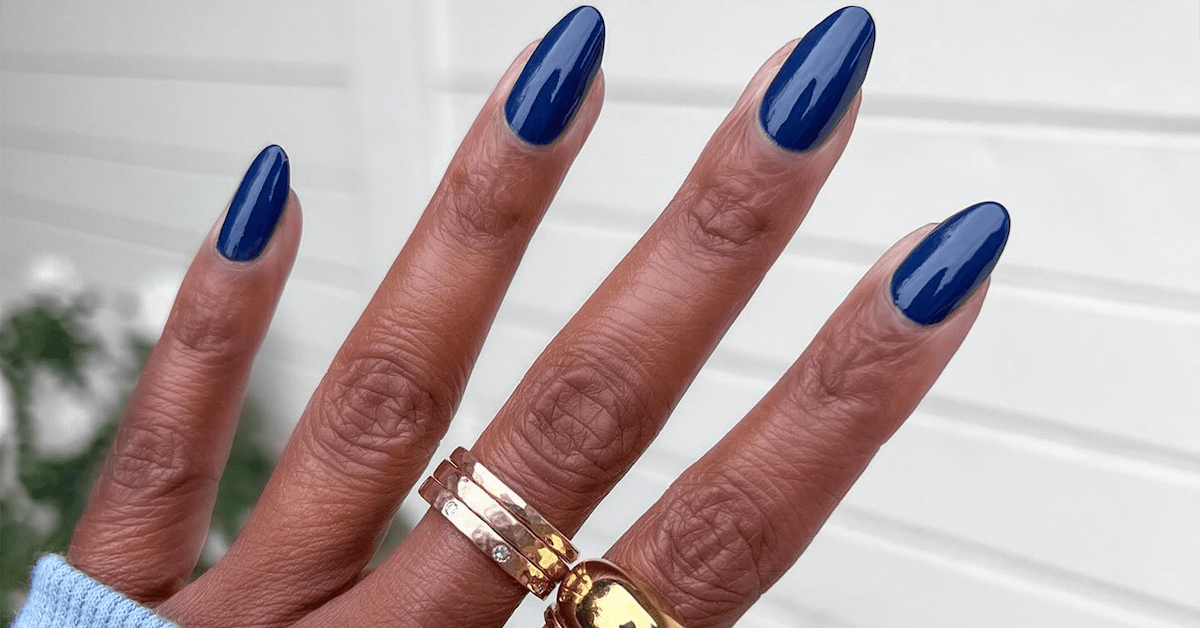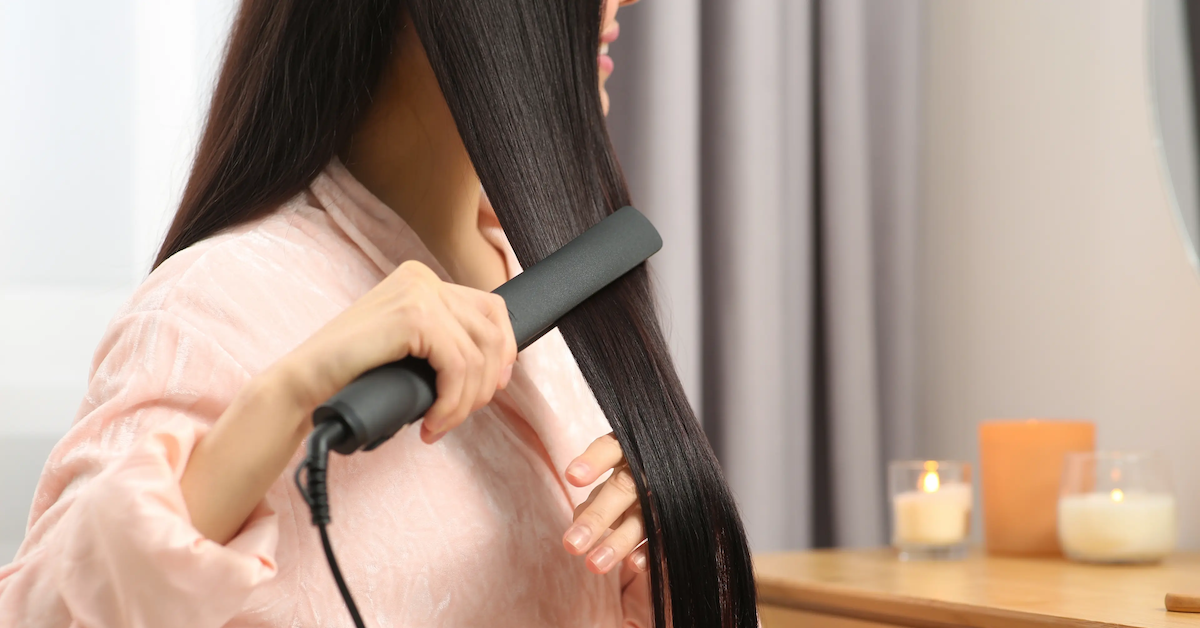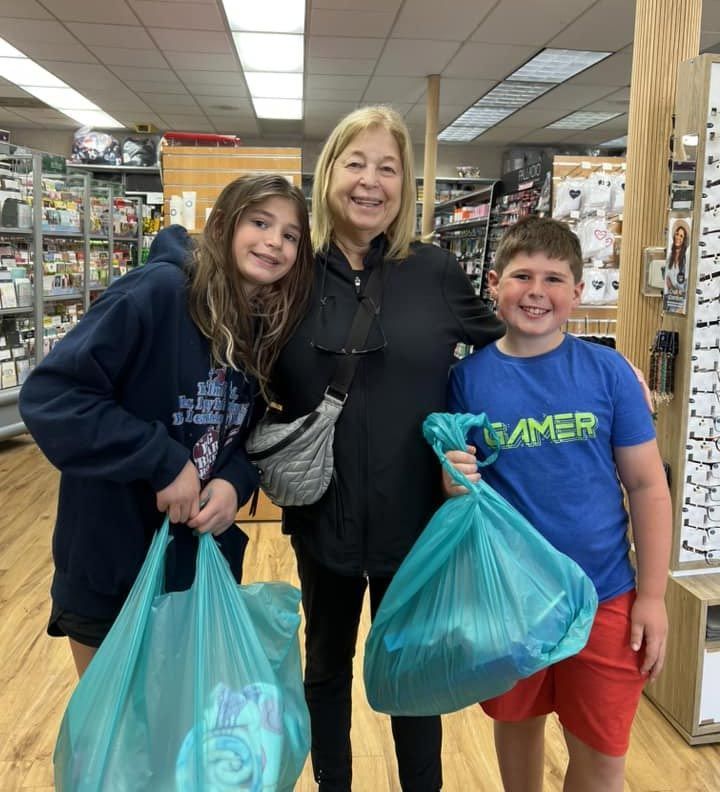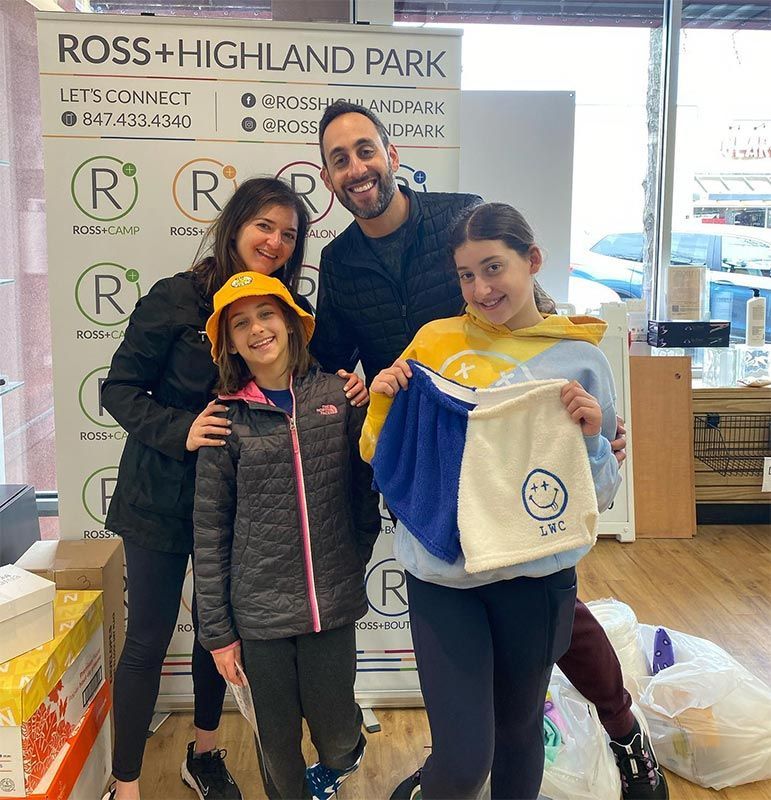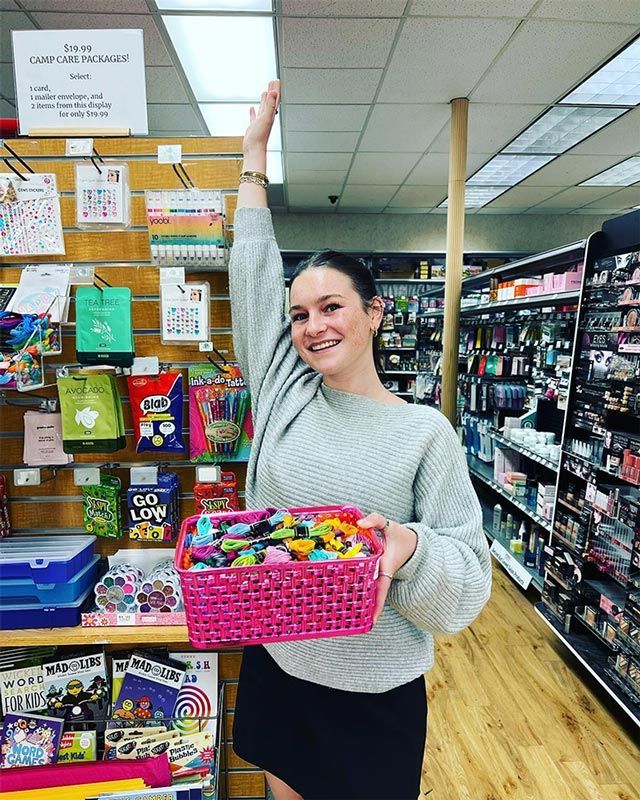What Are the Must-Have Essentials for a Successful Summer Camp?
Summer camp is one of the best experiences kids can have. From outdoor adventures and new friendships to fun activities and lifelong memories, there’s a lot that goes into making a summer camp memorable. But behind every great camp experience is thorough preparation and attention to detail. Without the right essentials, a summer camp can quickly go off track, leaving campers and staff stressed.
So, how do you ensure that your summer camp is set up for success? Whether you're running a day camp or an overnight camp, here’s a guide to the must-have essentials that will keep things running smoothly and help create an unforgettable experience for everyone involved.
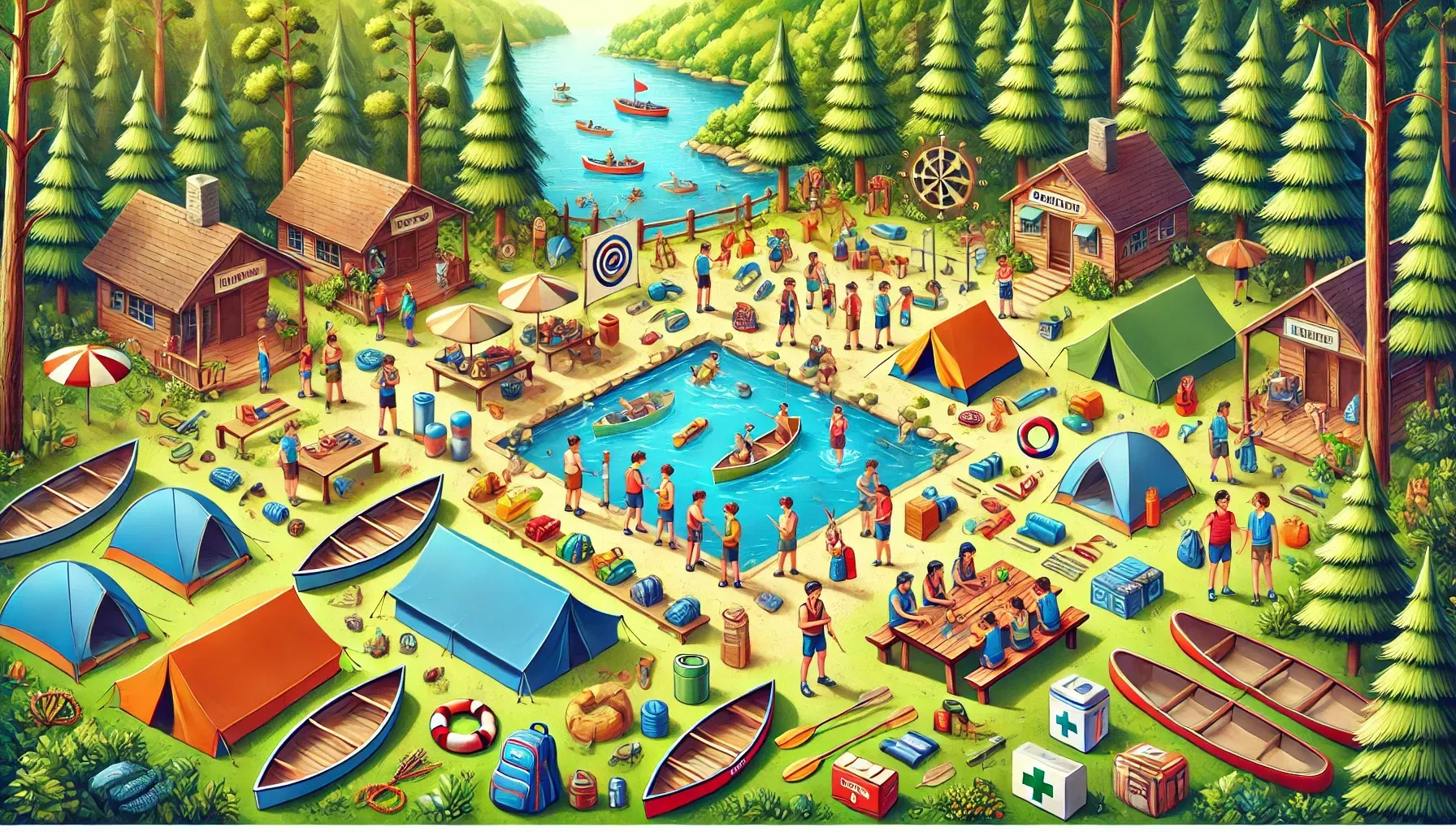
Safety First: Health and Safety Essentials
Safety should always be the top priority when planning a summer camp. You need to have all the right measures in place to keep campers safe and healthy. Start with first aid kits. Place them in multiple locations around the camp, making sure they’re easy to access. They should include essentials like bandages, antiseptic wipes, and ice packs for minor injuries.
In addition to first aid, having emergency protocols is key. Make sure your staff knows what to do in case of an emergency, and if possible, have medical staff on-site or on-call. It’s important to have counselors trained in CPR and first aid. Don’t forget to keep plenty of hydration stations around the campgrounds, encouraging kids to drink water regularly. Staying hydrated is a big part of keeping campers safe, especially during outdoor activities.
And, of course, make sure sun protection is readily available. Stock up on sunscreen and remind campers to apply it regularly. Hats, sunglasses, and shady spots can also help prevent sunburns and heat-related issues.
Facilities and Shelter
For overnight camps, ensuring proper accommodation is a must. Whether you’re using tents or cabins, they should be weatherproof, spacious, and comfortable enough for campers to sleep soundly. A bad night’s sleep can ruin the camp experience, so make sure bedding is dry, and spaces are well-ventilated.
Good bathroom and shower facilities are also essential. Clean, well-maintained bathrooms and showers are a basic need for hygiene. If your camp is in a more remote location, you might need portable toilets, but cleanliness should still be a priority.
If your camp includes a campfire experience, ensure there’s a safe setup for a campfire, complete with seating, fire safety tools like water buckets or extinguishers, and proper supervision. Nothing beats a campfire under the stars, but it’s important to keep it safe.
Meals and Nutrition
A successful camp runs on full bellies. Make sure you’re providing nutritious meals that cater to everyone’s dietary needs, whether it’s vegetarian options, gluten-free meals, or allergy-safe foods. Balanced meals with protein, carbs, and veggies keep campers energized and ready for activities.
In between meals, offer healthy snacks like fruits, trail mix, and granola bars to maintain energy levels. Keeping everyone fueled and hydrated ensures they can enjoy all the fun without feeling sluggish.
Food preparation and storage are just as important. Ensure all food is stored properly to prevent spoilage, and keep kitchen areas clean to avoid contamination or foodborne illnesses. No one wants to deal with a health issue at camp!
Fun and Engaging Activities
What’s a camp without fun activities? Having the right equipment and materials on hand is key to keeping campers entertained and engaged. Outdoor sports equipment like soccer balls, frisbees, and basketballs are great for encouraging teamwork and keeping kids active. If your camp includes water activities like swimming or kayaking, make sure you’ve got enough water safety gear like life jackets and flotation devices. Safety always comes first when it comes to water fun.
For those who love getting creative, stock up on craft and art supplies like paints, brushes, beads, and paper for a variety of art projects. Arts and crafts are a great way for campers to unwind and express themselves.
Group games and challenges, like scavenger hunts or relay races, are perfect for fostering teamwork. Plan plenty of group games that will encourage campers to work together and bond with one another.
Camp Counselor Essentials
Your camp counselors are the backbone of your camp, so ensuring they’re equipped with the right skills is critical. Training and certification in first aid, conflict resolution, and camper supervision is non-negotiable. Counselors should be able to handle any situation that arises with professionalism and care.
On top of skills, counselors should bring a positive attitude and energy to camp. Their enthusiasm is contagious, and when they’re excited, the campers are too. But they also need great communication skills. They’ll be communicating with both campers and parents, so being able to clearly convey information and handle any concerns is crucial.
Communication and Technology
Good communication among staff is essential for smooth operations. Equip your camp with communication devices like walkie-talkies or radios, especially if your campgrounds are large. This way, counselors can stay in touch and respond quickly to any issues.
Make sure you have an organized system for keeping emergency contact information for all campers in case anything happens. While summer camp is about unplugging, it’s important to stay connected in the right ways.
For campers, it’s a good idea to create an unplugged environment. Encourage kids to leave personal electronics at home or limit their use so they can focus on enjoying nature, making friends, and having fun.
Camp Gear and Personal Items for Campers
A good summer camp experience starts with having the right personal gear. Provide campers with a packing list that includes essentials like comfortable clothing, sturdy shoes, swimwear, insect repellent, and a reusable water bottle. Make sure they’re prepared for the activities they’ll be doing.
Remind campers to bring personal hygiene items like toothbrushes, soap, and deodorant. For overnight campers, sleeping gear such as sleeping bags, pillows, and blankets are a must for a comfortable night’s rest.
Camper Safety and Emotional Well-Being
Safety at camp goes beyond physical health. Camper orientation on the first day should cover camp rules, safety guidelines, and daily schedules to help campers feel secure and know what to expect.
Implement clear anti-bullying policies and encourage a supportive, inclusive environment. It’s important to create a space where every camper feels safe and accepted. Also, make sure counselors are trained to handle homesickness—a common issue for younger campers. Providing comfort while encouraging participation can help them settle in and enjoy the experience.
Conclusion
A successful summer camp is built on careful planning, safety, and fun. From having the right gear to ensuring camper well-being, these essentials set the stage for an unforgettable camp experience. At Ross Highland Park, we’re all about creating amazing memories for campers while keeping them safe, happy, and engaged. With the right essentials in place, you can ensure your camp is a hit, filled with fun and adventure that will leave campers eager to return year after year!

